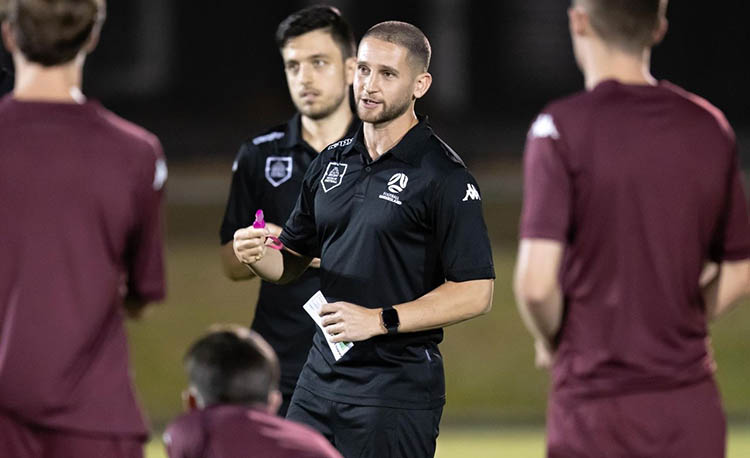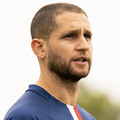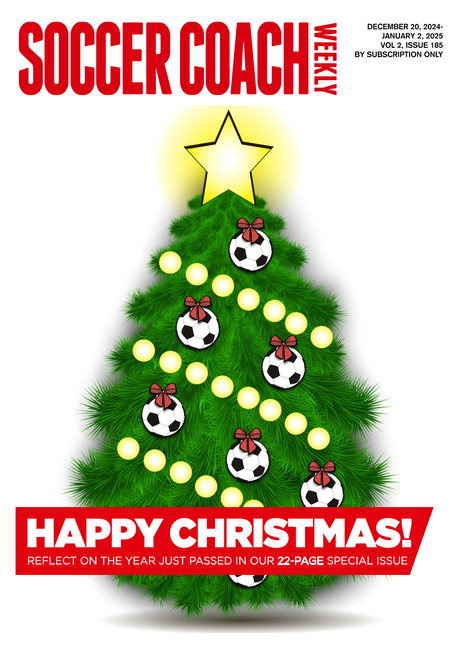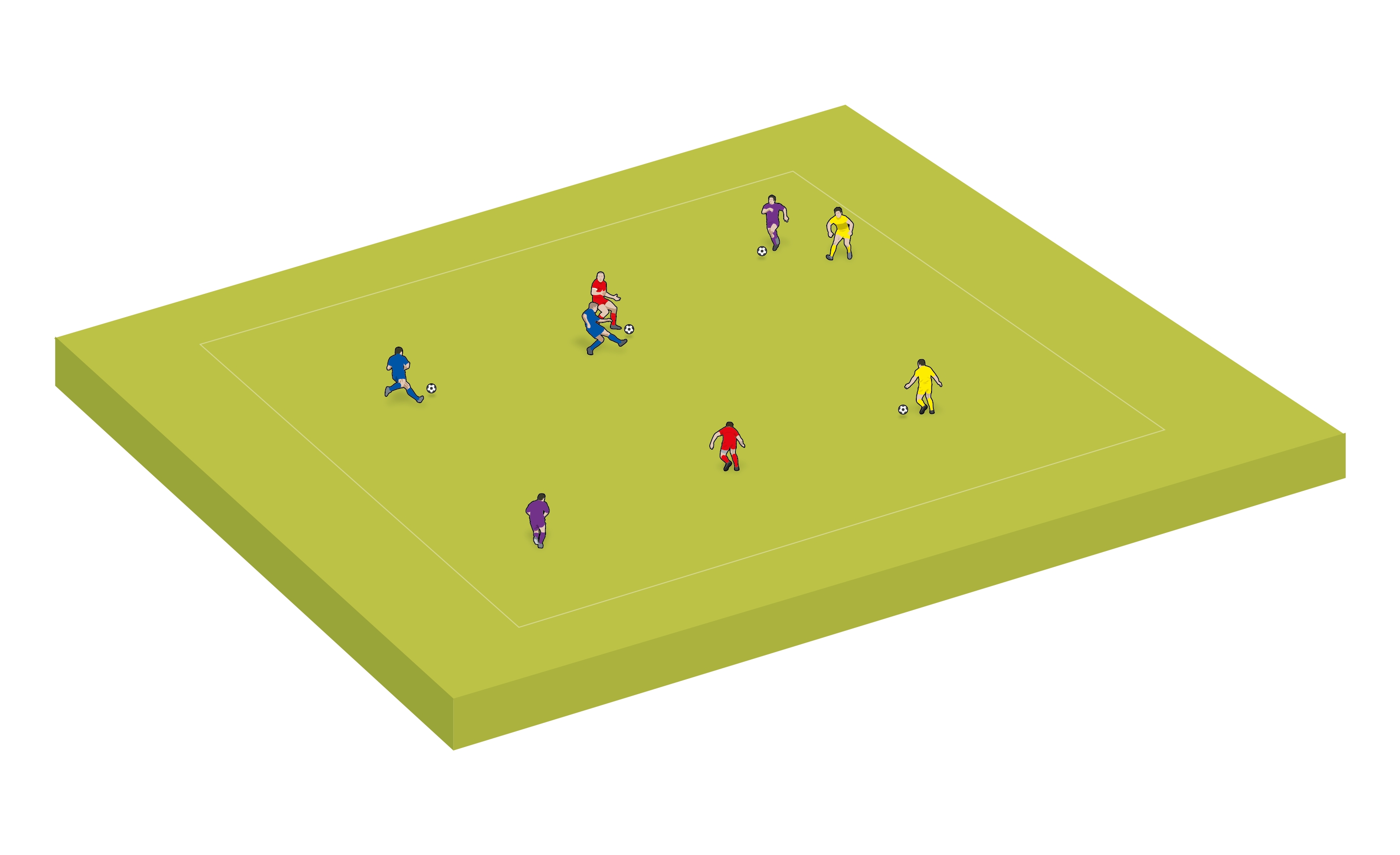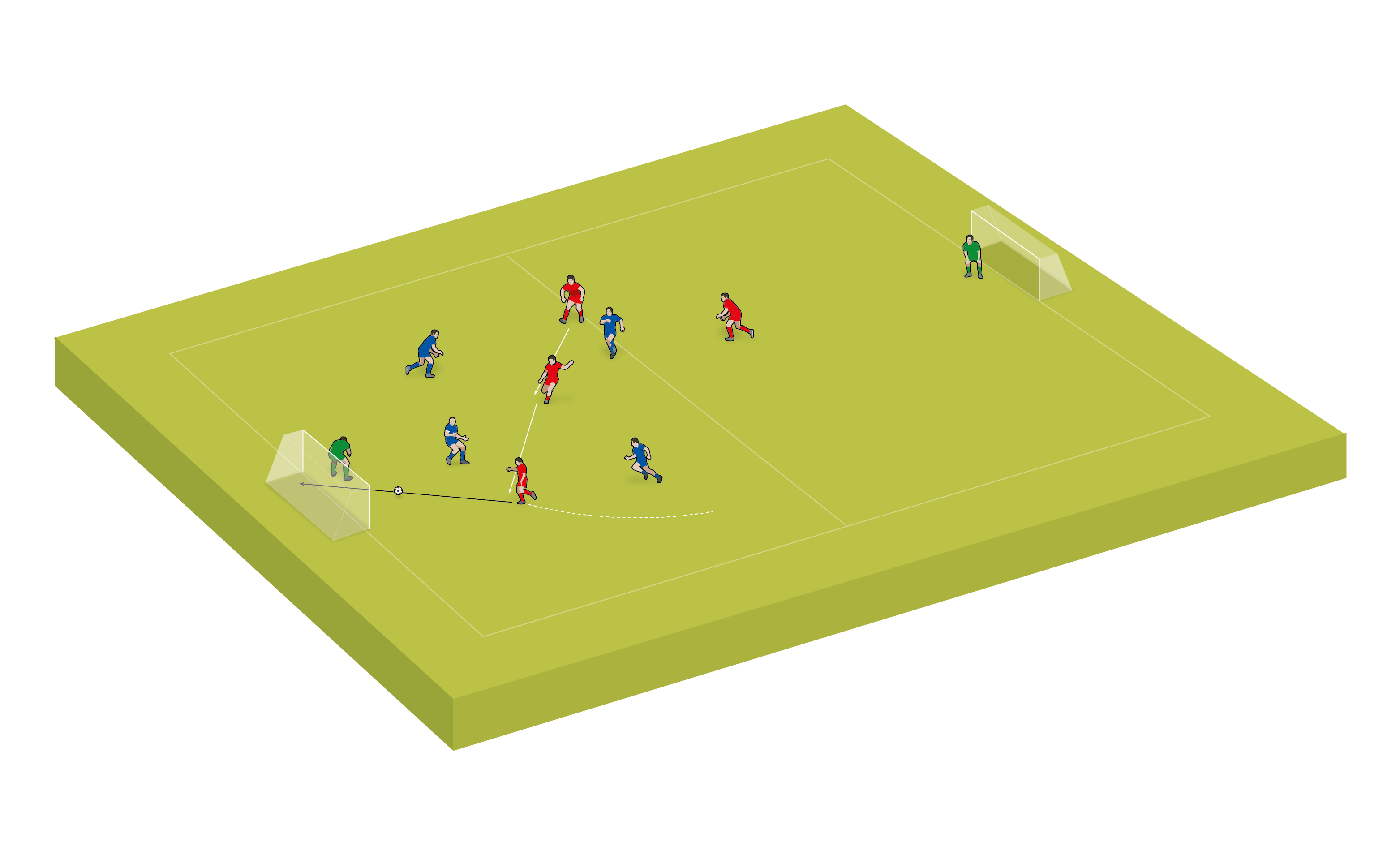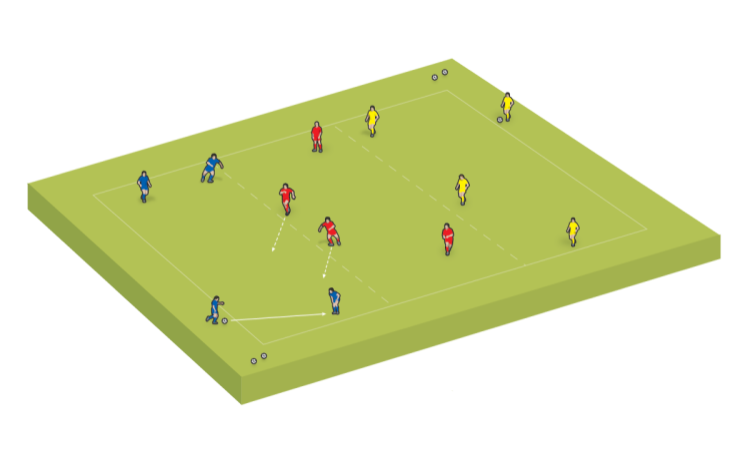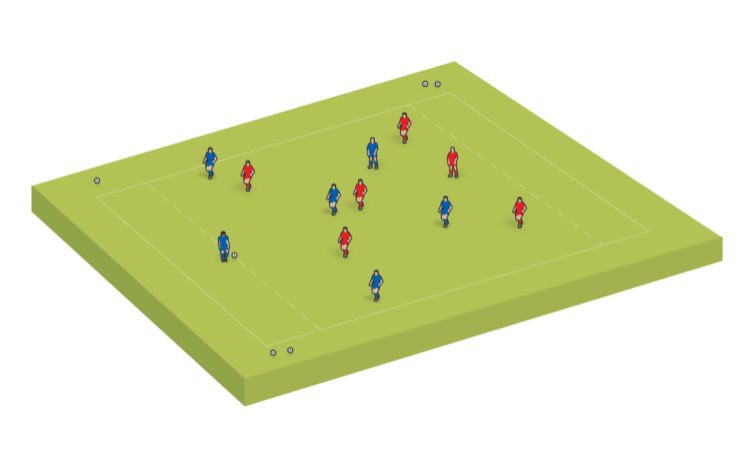Have cones, will travel: Ben's A-League dream
One of Australia’s highest-rated young coaches, BEN CAHN speaks to STEPH FAIRBAIRN about a good Korea move, his ambitions and helping youngsters
Two years ago this week, Optus Sport named Ben Cahn on a list of 10 coaches ’knocking down the door’ for a job in the A-League, Australia’s top flight. Last year, at the age of 33, that potential was almost realised as he was narrowly pipped to a vacant post in the division. Englishman Ben is currently in charge of second-tier side Olympic FC but admits he is "guilty of being overly ambitious". For now, he is happily at the helm of the Brisbane-based team. SCW caught up with him to discuss his circuitous route Down Under, how learning in Korea boosted his career and what he took from his playing days that he is now passing on as a coach…
SCW: What was it about Australia that drew you to coaching there?
BC: "I went on a trip around the world to places like India, China and Thailand. Halfway through I went to Australia to see mum and dad - and I didn’t make it anywhere else!
"I came out here for what was supposed to be three weeks, and I didn’t leave the country for another five years.
"I’d had a difficult time in terms of finding a football career back in England, I was a bit down and ended up playing here.
"I found my love for the game, found people I connected with, captained and coached that team over a period of eight years, and then moved on."
SCW: You got your A Licence under Football Australia (FFA) and your Pro Diploma under the Korea Football Association (KFA). How did that come about and did the processes differ under the different bodies?
BC: "Very much so. I did my FA Level 2 back in England before I left. I did my C licence, B licence and A license out here [in Australia] but the Pro licence hadn’t been run for a couple of years.
"I was at Central Coast Mariners in the A-League at the time, as head of the youth team and an assistant coach in the first team.
"I really wanted my Pro license at that time. The FFA couldn’t guarantee start dates, costs or criteria so I explored some options in Asia and thought it’d be a chance to expand my network, knowledge and experience, not just in football terms, but culturally.
"So I ended up being accepted onto the Korean Pro license. I think I was the first foreigner they’ve taken in.
"I came out here for three weeks and I didn’t leave for another five years..."
"It was an unbelievable experience. It wasn’t easy - I had to have a translator for most of the course and I was the only English speaker in the room most of the time.
"It was the first time I’ve put a session on using a translator. All the group work was difficult because they would fly through and by the time it was translated to me and my input was there, they’d moved on.
"I was very much out of my comfort zone but I absolutely loved it. I loved the country, made friends there, with the two translators and a couple of the other coaches. "We still keep in touch regularly."
SCW: You’ve got your experiences in the UK, Australia and Korea. What parts have you taken from all of those to make you the coach you are today?
BC: "I was talking about this with someone the other day - who are we as coaches, why do we become who we are and why do our teams look like they do?
"I think you have to delve into your earliest childhood memories of playing football.
"I grew up in south London. We played a lot of street football and I played a lot in the playground. I just loved getting on the ball, being creative and running at players.
"I look at my teams now and we’ve developed a really healthy reputation here of playing an aesthetically pleasing brand of football. I think we have a responsibility as coaches to do that.
"It’s not in my nature to turn up and defend for 90 minutes and try and get a 1-0 or a draw. I always sign really good attacking, technical players.
"We work really hard with them to round out their game so they can be effective for the team and defend effectively, and make sure their defensive output and work rate is where it needs to be.
"I fell short in my playing career. I guess I lacked a mentor at that time - somebody who had been on that journey and succeeded - to put their arm around me and go, ’Look, you’re on the right track, take the knock and move on’. I took things really personally and took failure really finally.
"Working with kids, I’ve been really mindful of trying to help them on their journey - help them accept failure and use that to grow.
"I’ve seen boys around a similar age at when it stopped working out for me and I’ve really pushed them through that tough period for young men when other distractions come into play.
"I think it’s important to reflect on your own journey and ask ’what did I want from a coach at that point, and what did I want as a player at that point?’.
"We do that as a staff regularly - as we plan sessions, we often ask: what do the players need right now? What does the team need from us? How do we make the environment as conducive to their development and mental state as it can be?
"I’m really passionate about how we play and what the team looks like for anybody tuning in for five minutes.
"I want them to be able to see a really clear identity and a picture of what we represent. It’s my belief that the team represents me and I represent the team.”
Related Files
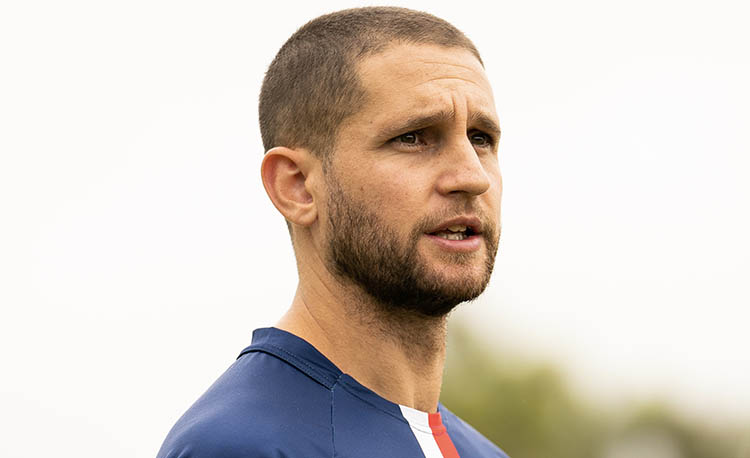
SCW: You were the youngest coach in Australia to hold the Pro license and hotly tipped to get an A-League job. Are you aware there’s a positive buzz around you? How do you carry that?
BC: "I’m guilty of being overly ambitious. I’m not the most patient person. I know I’m young and need to bide my time. I work very hard to try and be the best at what I do.
"I’ve come very close to three A-League jobs. One in particular, last year. I was led to believe I was going to get it and didn’t and it hit me hard.
"I get frustrated when I don’t progress, but I do appreciate there are lots of people that would love to be in my shoes at the moment.
"I’m aware of some of the positive media and that’s really nice. I’m really thankful to the people that write those things and take an interest in my career, and hopefully in the not too distant future I’ll kick on again to the next level and keep doing well."
"I’m very settled in Australia. I want to make a real impact in the A-League..."
SCW: What’s the ultimate level for you? Where do you want to go?
BC: "It’s dangerous to have an end goal. The football world is so diverse and competition for good jobs so large that, for someone like me who didn’t have a big playing career, it’s not easy to just walk into jobs.
"You have to open your mind and say ’what type of jobs would I be happy getting and where would I be happy working in the world?’ I’m very settled in Australia. Certainly, at some stage in my career, I want to make a real impact in the A-League. But I’m prepared to work overseas, wherever that opportunity comes.
"What I do know is that I’m certain I’m a head coach or a manager. I’ve worked as an assistant before in the A-League, I was recently offered a really good assistant coach’s job in the US, for a coach and a friend I really like and trust.
"But I am on my own journey, so I’m going to keep carving my own path as a head coach or manager. Where that takes me I don’t know, but I know the rest of my life will be in coaching and professional football.
"I want to do as well as I can and see where that takes me."
"We are often reminded about the golden generation; we probably don’t have a world-class footballer at the moment..."
Newsletter Sign Up
Coaches Testimonials

Gerald Kearney, Downtown Las Vegas Soccer Club

Paul Butler, Florida, USA

Rick Shields, Springboro, USA

Tony Green, Pierrefonds Titans, Quebec, Canada
Subscribe Today
Discover the simple way to become a more effective, more successful soccer coach
In a recent survey 89% of subscribers said Soccer Coach Weekly makes them more confident, 91% said Soccer Coach Weekly makes them a more effective coach and 93% said Soccer Coach Weekly makes them more inspired.
*includes 3 coaching manuals
Get Weekly Inspiration
All the latest techniques and approaches
Soccer Coach Weekly offers proven and easy to use soccer drills, coaching sessions, practice plans, small-sided games, warm-ups, training tips and advice.
We've been at the cutting edge of soccer coaching since we launched in 2007, creating resources for the grassroots youth coach, following best practice from around the world and insights from the professional game.

